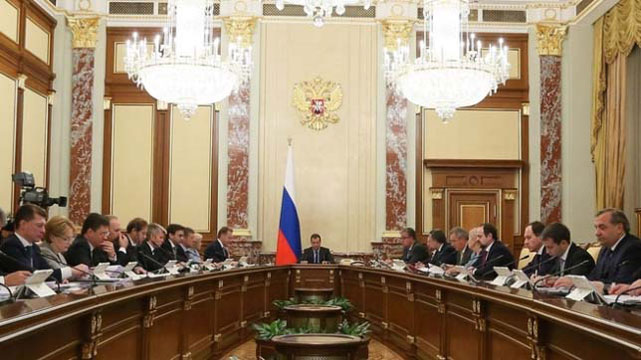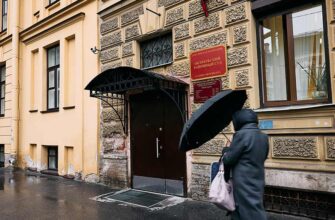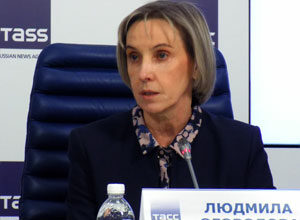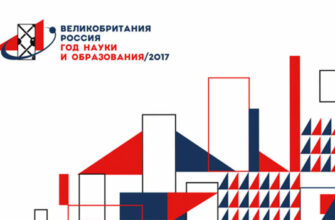In 2010, the Russian government launched a new project, the goal of which was return of the emigrated Russian scientists to the country and the creation of conditions for arrival of foreign experts. The essence of this program lies in the allocation of megagrants in the amount of 45-90 million rubles to spend on creation of new scientific laboratories in Russia. In the competition for grants, both the Russian and the foreign experts can participate. The project is designed until 2020 and includes funding in the amount of 28.7 billion from the federal budget and 7.6 billion rubles from the universities and research organizations.
Now, 5 competitions for these grants have been held, and the winners were 200 scientists from 25 countries. This allowed them to create 160 laboratories in 22 fields of science, headed by leading Russian scientists, including Nobel laureates. More than 5’000 employees work in these laboratories, 58% of which are young professionals, students, postgraduates and phylosophy doctors. 13 laboratories became the basis for the emergence of new research institutions, international and interuniversity centres. It is also worth noting that many labs have already achieved fundamentally new results, including epochmaking discoveries. 40 more laboratories will begin its work in 2017.
Another program to raise the prestige of the Russian science and attract foreign scientists to Russia is the project “5-100” that has been in force since 2012. Its goal is to enlist 5 Russian universities in the TOP-100 world rankings by 2020, to increase the number of foreign professors up to 10% and the number of foreign students – up to 15% in each university. The project funding totals 60.5 billion rubles for the period 2013-2017.
For the further development of Russian science, the scientists propose to create the international centres for advanced studies and to establish permanent positions for federal professors, support the efficient laboratories and young scientific leaders. The government has promised to work out new instruments of research funding, designed for a longer period than grants. E.g., the Ministry of education and science has already announced plans to annually allocate up to 5 million rubles to the winners of grants on further studies after the completion of projects.





